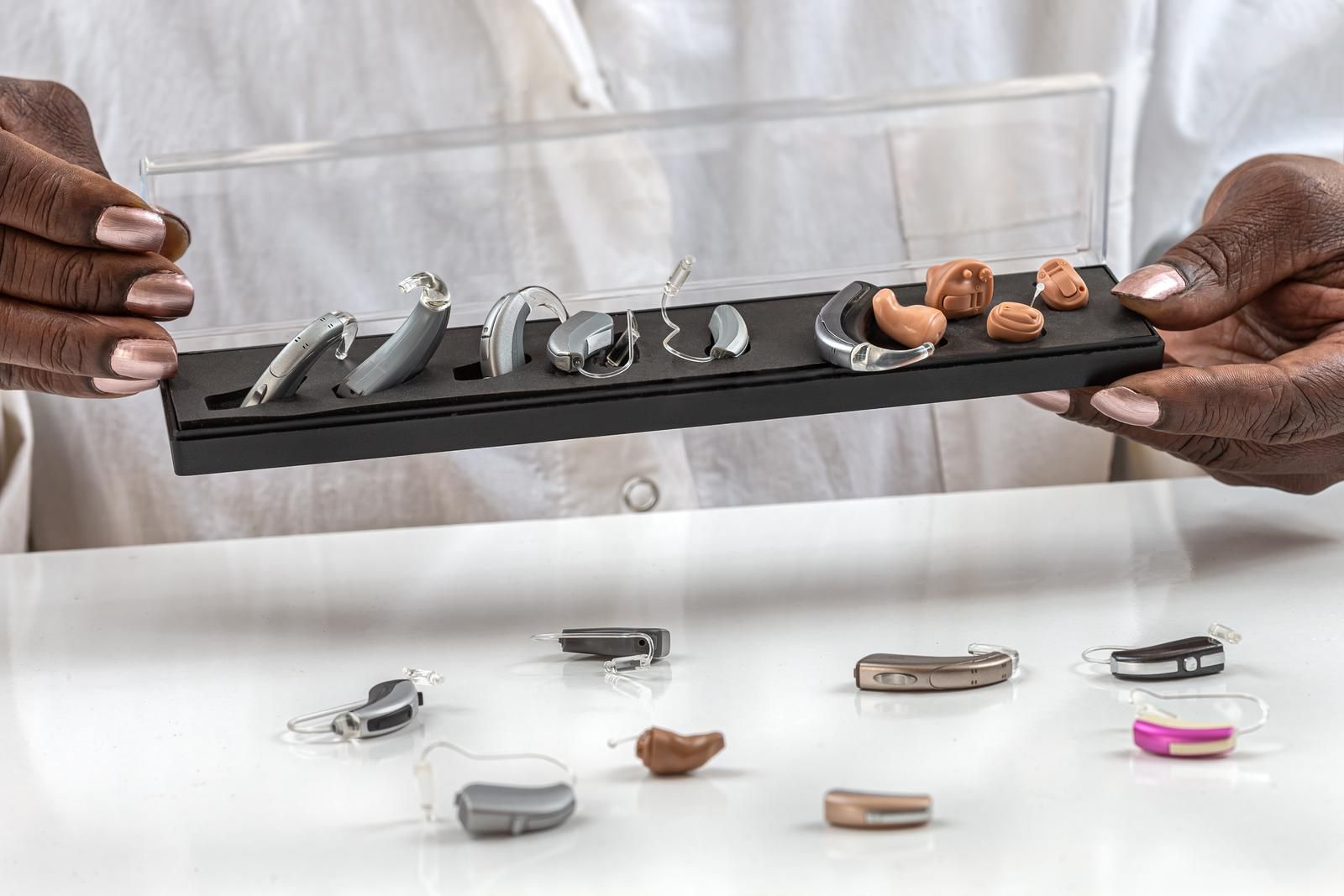Hearing Aid Fitting: What to Expect During Your Appointment
Are you or a loved one experiencing challenges with hearing? Getting hearing aids with the proper hearing aid fitting can make all the difference in enhancing your listening experience! Understanding what to expect during your hearing aid fitting appointment can help alleviate any anxiety and prepare you for the process. In this blog, we will walk you through the key steps involved in a typical hearing aid fitting appointment.
Why is Hearing Aid Fitting Important?
A personalized fitting ensures that your devices are comfortable, effective, and tailored to your unique hearing needs. It's not just about the hearing aid itself; it’s about how well it works for you!
What to Expect During Your Hearing Aid Fitting
1. Initial Consultation
Before the actual fitting, you will have an initial consultation with a hearing care professional. This appointment is crucial as it helps the specialist understand your hearing needs and lifestyle. You may discuss:
- Your Hearing History: The specialist will ask about your hearing loss, any previous hearing aids you may have used, and how your condition affects your daily life.
- Lifestyle Considerations: It’s important to share details about your daily activities, social interactions, and environments you frequently find yourself in, as these factors will influence the type of hearing aid recommended.
2. Hearing Assessment
During the consultation, a comprehensive hearing assessment will be conducted. This typically includes:
- Hearing Tests: The audiologist will perform various tests to determine the type and severity of your hearing loss. Common tests include pure-tone audiometry, speech recognition tests, and tympanometry.
- Results Discussion: After the tests, the audiologist will explain the results and discuss how they relate to your hearing needs. Based on this information, they will recommend suitable hearing aids.
3. Selecting the Right Hearing Aid
Once you’ve discussed your hearing needs, it’s time to choose the appropriate hearing aid. Factors to consider include:
- Type of Hearing Aid: There are several types of hearing aids available, including behind-the-ear (BTE), in-the-ear (ITE), and completely in-canal (CIC) models. Your audiologist will guide you in choosing the best option based on your lifestyle and preferences.
- Features and Technology: Modern hearing aids come with various features such as Bluetooth connectivity, noise reduction, and directional microphones. Discuss these options with your audiologist to find the best fit for your needs.
4. Fitting the Hearing Aids
After selecting a hearing aid, the fitting process begins. This includes:
- Custom Ear Molds: If necessary, custom ear molds may be created to ensure a snug and comfortable fit. This process typically involves taking impressions of your ears.
- Programming the Hearing Aids: The audiologist will program the hearing aids according to your specific hearing needs based on the assessment results. This may involve adjusting settings for different sound environments.
5. Adjustment Period
After fitting the hearing aids, it’s important to give yourself time to adjust. Here’s what to expect:
- Initial Discomfort: It’s normal to feel some discomfort or pressure in your ears as you get used to wearing the devices. Your audiologist will provide tips on how to ease this transition.
- Follow-Up Appointments: Schedule follow-up visits with your audiologist to address any concerns, make adjustments, or fine-tune settings as needed. This is an essential part of ensuring optimal performance.
6. Ongoing Support and Maintenance
Maintaining your hearing aids is crucial for long-term satisfaction. Consider these tips:
- Regular Cleaning: Keep your hearing aids clean and free from debris. Follow the manufacturer’s instructions for cleaning and care.
- Battery Management: Stay on top of battery replacements or charging schedules to ensure your devices are always ready for use.
- Routine Check-Ups: Regular check-ups with your audiologist will help keep your hearing aids functioning well and allow for any necessary adjustments as your hearing changes over time.
Custom Hearing Aids in Greater Oakland County, Michigan
Getting fitted for hearing aids is a team effort! It’s all about understanding what works best for you and your lifestyle. Remember, it might take a little time to get used to your new hearing aids, but with ongoing support from your audiologist, you'll soon enjoy clearer sounds and better conversations.
At ENT Care of Michigan, we’re dedicated to providing comprehensive hearing care for everyone, regardless of age. Our experienced audiologist is here to offer personalized solutions for all your hearing needs, whether it’s diagnostic testing, treatment, or hearing aid services.
Don’t hesitate to reach out for help or questions along the way—you're not alone on this journey! We’re here to support you every step of the way.










